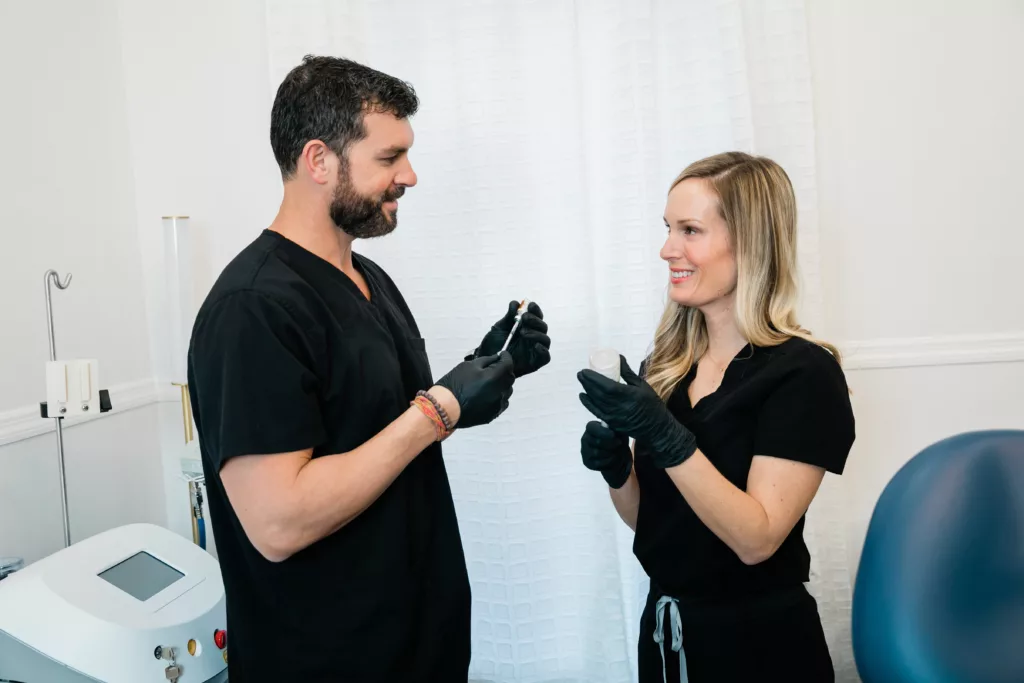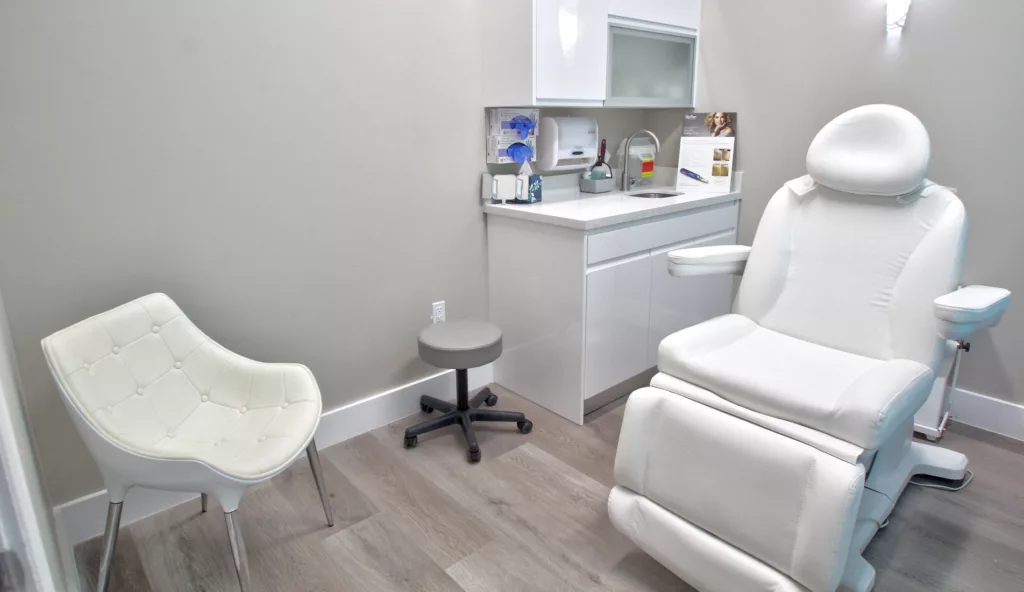Drawing from our extensive experience in dental practice transitions, we often hear three common misconceptions about practice sales. Here's what dental practice owners should actually know about timing their exit.
"The worst time to sell a practice is the day you want to walk out the door. When you figure you got five to 10 years left, that's when you should start thinking about it," said Dr. Bert Vasut.
Myth #1: Only Retirement-Age Dentists Sell Their Practices
Reality: Most of our clients are in their forties and sell for various strategic reasons.
Today's practice owners sell for diverse reasons:
- Diversifying investments into other assets
- Responding to life changes
- Relocating to new markets
- Reducing administrative burden while continuing to practice
- Transitioning to associate status for better work-life balance
Myth #2: You Can't Meaningfully Increase Practice Value in One Year
Reality: Several strategies can significantly boost your practice's value within 12 months:
- Optimize Staff Utilization: Maximize dental assistant capabilities within legal limits
- Improve Collections: Implement upfront payments and deposits for scheduled procedures
- Enhance Scheduling: Use time blocking to optimize high-value procedures and new patient appointments
"Reviewing the numbers with Thomas and going through the whole process of the sale, I became really proud of myself. I never gave myself that pat on the back before," said Dr. Alice Bui
Myth #3: Practice Sales Don't Require Long-Term Planning
Reality: The most successful transitions typically involve 3-5 years of preparation.
Why planning matters:
- Allows time to optimize practice operations
- Prevents reactive decisions to unsolicited offers
- Ensures alignment with personal financial goals
- Provides leverage in negotiations
- Creates options for post-sale arrangements
The Optimal Time to Sell Your Dental Practice
The best time to sell is when:
- Your practice shows consistent growth
- You have clear financial goals established with your CPA
- You're selling from a position of strength rather than burnout
- You've had time to evaluate multiple transition options
Next Steps
If you're considering selling your dental practice, start by:
- Use our dental valuation estimate tool
- Implementing profit optimization strategies
- Speaking with an experienced transition advisor about your options
"Don't do it alone," said Dr. Emily Lee. "When you need help you bring the expert, you bring the best one to the team."
We're happy to provide more specific guidance based on your practice's unique situation and goals. Reach out to our team to schedule a confidential discussion.



